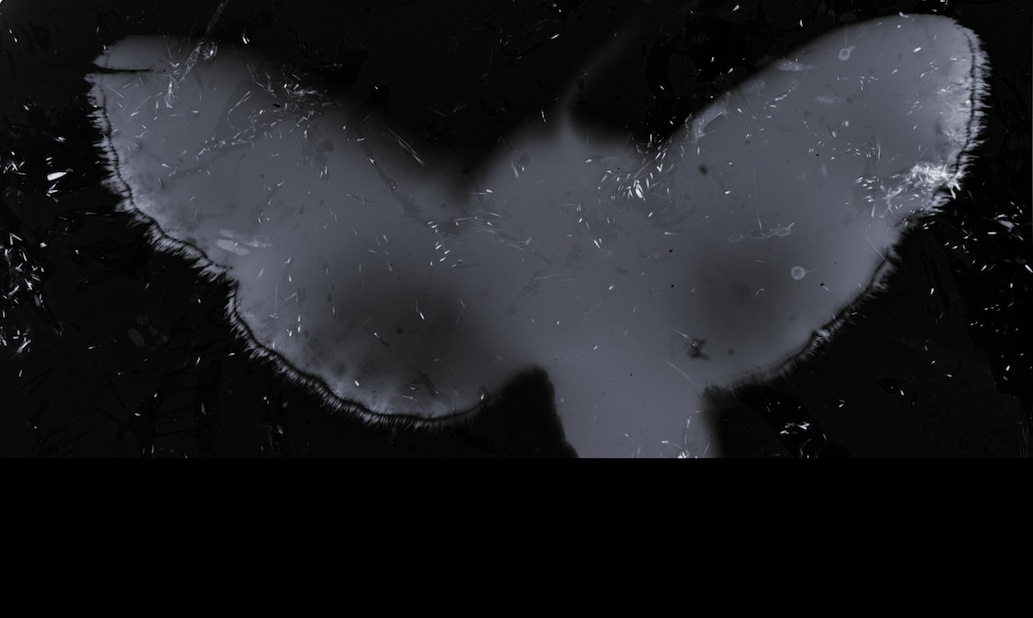Entertaining the Environment: Towards an Ethics of Art events.
DOI:
https://doi.org/10.60162/swamphen.3.10606Keywords:
Lygia Clark, Process Philosophy, Art ProcessAbstract
Erin Manning’s concept of an art that ‘entertains the environment’, proposes a ‘minor’ practice that might be capable of provoking reconnection with a wide field of non-subjective forces. Rather than a concentration on a replicating of human/object hierarchies, it implies a focus on how various assemblages of human and nonhuman, concrete and abstract, virtual and actual forces have the potential to be realigned through the artistic process. Drawing on recent writing and artwork by Manning, this essay will propose the potential of such a shift in focus in the art event as a tactical approach towards development of a new conception of a political art. This might be seen as an ecological approach to art, which reconnects us with lively worlds and non-human agencies. This essay also explores the entertainment of the environment through an examination of Lygia Clark’s propositional art work 'Caminhando' (1963), concentrating on the transductive potential of the opening of the body to a wider field of distributed agency to produce a sensation of being ‘always more than’ a subject.
Downloads
Published
Issue
Section
License
Authors who publish with this journal agree to the following terms:- Authors retain copyright and grant the journal right of first publication with the work simultaneously licensed under a Creative Commons Attribution License that allows others to share the work with an acknowledgement of the work's authorship and initial publication in this journal.
- Authors are able to enter into separate, additional contractual arrangements for the non-exclusive distribution of the journal's published version of the work (e.g., post it to an institutional repository or publish it in a book), with an acknowledgement of its initial publication in this journal.
- Authors are permitted and encouraged to post their work online (e.g., in institutional repositories or on their website) prior to and during the submission process, as it can lead to productive exchanges, as well as earlier and greater citation of published work (See The Effect of Open Access).

